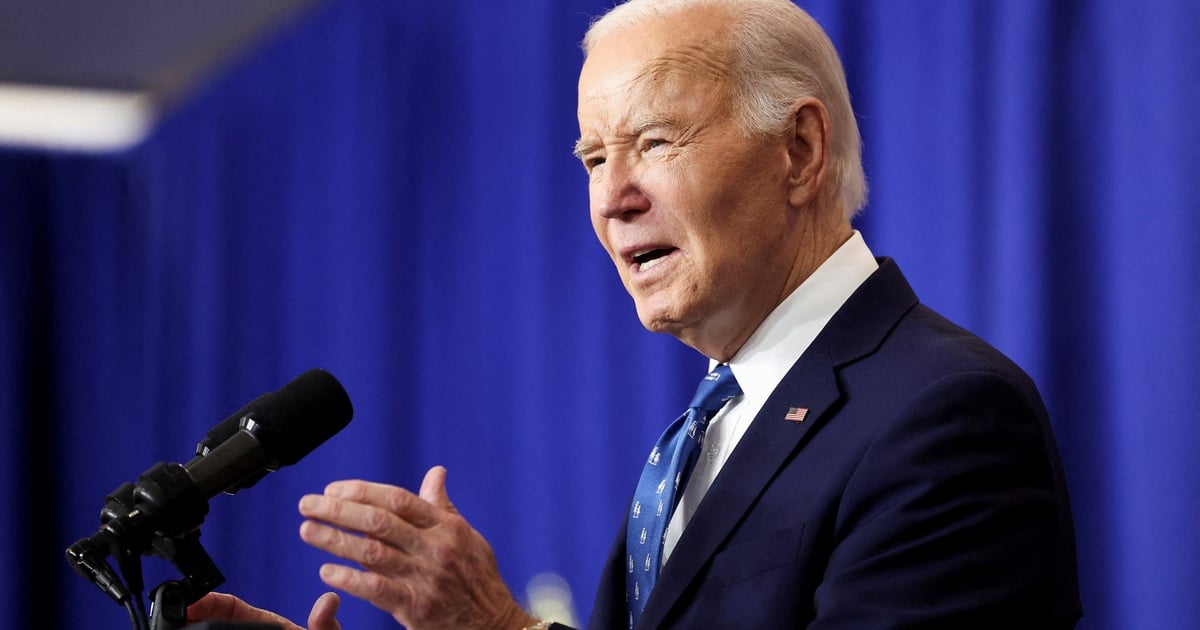Sign up for The Brief, The Texas Tribune’s daily newsletter that keeps readers up to speed on the most essential Texas news.
President Joe Biden announced on Monday he would commute the sentences of seven Texas inmates scheduled for execution. Hours later, Texas Gov. Greg Abbott disclosed he had pardoned four individuals for lower-level offenses.
Biden’s act affects 37 of the 40 inmates on federal death row, the Associated Press reported. At least five of the Texans scheduled for federal execution stabbed and killed fellow inmates.
“I’ve dedicated my career to reducing violent crime and ensuring a fair and effective justice system,” Biden said in a statement. “These commutations are consistent with the moratorium my administration has imposed on federal executions, in cases other than terrorism and hate-motivated mass murder.”
Most of the seven who had their sentences commuted stabbed and killed other inmates.
- Shannon Wayne Agofsky, who was serving a life sentence, beat another inmate to death in Beaumont.
- Christopher Cramer and Ricky Allen Fackrell killed a fellow inmate in a stabbing in Beaumont.
- Joseph Enbron stabbed another inmate to death in Beaumont.
- Mark Isaac Snarr and Edgar Garcia fatally stabbed another inmate and injured two correctional officers in Beaumont.
- Julian Omar Robinson killed two men in the Dallas-Fort Worth area.
In a separate statement that coincided with Biden’s, Abbott said he wanted to use the power of clemency to give the people he pardoned, whose crimes included two instances of theft, selling alcohol to a minor, driving while intoxicated and interfering with an emergency call, a second chance.
It is the highest number of clemencies granted by Abbott, who can only issue them at the recommendation of the Texas Board of Pardons and Parole. The seven-member board is appointed by Abbott.
Abbott granted three pardons in 2023, two pardons in 2022 and eight in 2021 — for low-level offenses.
The individuals who were pardoned are:
The most important Texas news,
sent weekday mornings.
- Jorge Aguilar-Zanatta, who did probation for interfering with an emergency call in 2003.
- Rachael Orsak Lynch, who served a three-day jail sentence for theft by check in 1999 and paid a fine for furnishing alcohol to a minor in 2004.
- Timothy John Moldenhauer, who served probation for driving while intoxicated and having an open container in 1993.
- Debbie Rena Morris, sentenced to pay a fine for theft in 1985.
Earlier this year, Abbott pardoned Daniel Perry, who was convicted of murder in the death of a man who was participating in a 2020 protest of police brutality against people of color. He had been sentenced to 25 years in prison.
“Having served as a trial court judge, Texas Supreme Court Justice, and Attorney General, I have the utmost respect for the legal system and helping Texans looking for a fresh start to do so,” Abbott said in a press release regarding the four pardons. “These four Texans have shown that they can improve their lives and serve their communities — qualities that are deserving of clemency.”
Meanwhile, Abbott made no mention of death row inmate Robert Roberson, whose case has divided the state’s executive and legislative powers.
The 58-year-old East Texas man, who was convicted of killing his chronically ill 2-year-old daughter, Nikki Curtis, in 2003, was set to be executed in October, but, in a stunning act of defiance, the Texas House Committee on Criminal Jurisprudence intervened when it issued a subpoena seeking testimony from Roberson, forcing a delay of the execution.
The efforts of the nine-member panel — including chair Joe Moody, D-El Paso, and Jeff Leach, R-Plano and Brian Harrison, R-Midlothian — to get a new trial for Roberson rest on Texas’ junk science law, which affords new trials for cases that rely on defunct scientific evidence. In Roberson’s case, he was convicted based on a shaken baby syndrome diagnosis, which has since been debunked.
Abbott, who fiercely opposed the committee’s attempt to spare Roberson from execution, said the lawmakers had “stepped out of line,” The governor is the only Texas official with the power to commute a death sentence, with the recommendation of the state parole board.
The federal government has executed 16 people since 1988, when it reinstated the federal death penalty, according to data from the Death Penalty Information Center, which the Dallas Morning News reported. Texas, in the same span, has executed more than 500.


